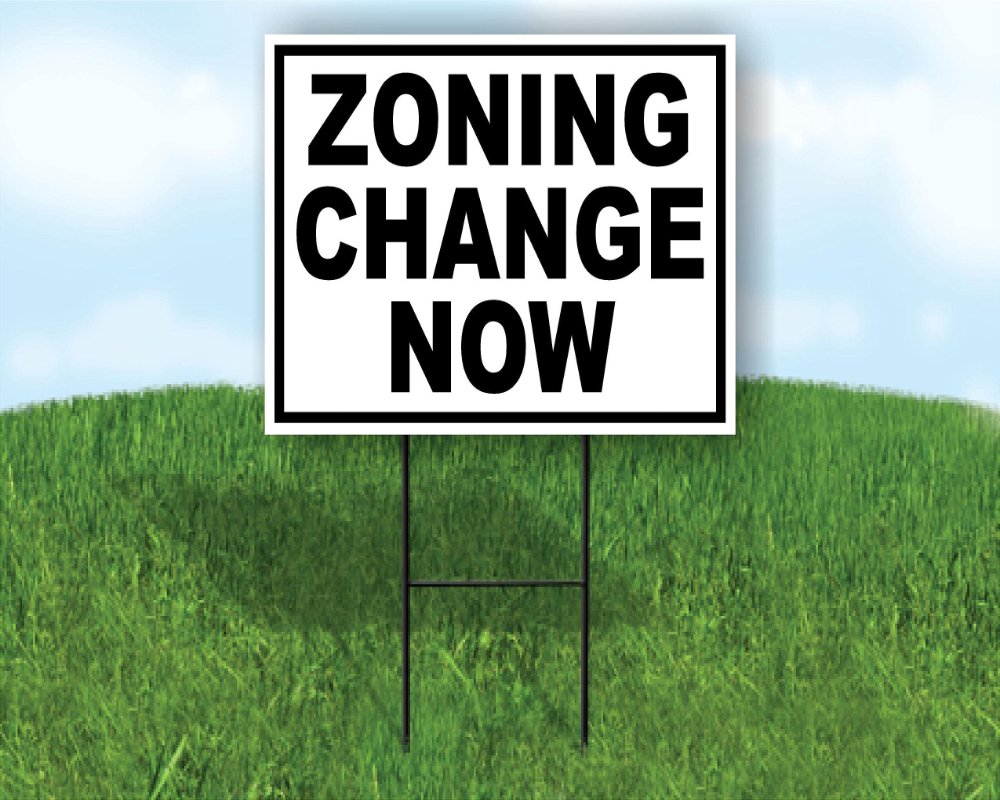Conflict with Comprehensive or Future Land Use Plans
The city may reject a zoning change if it contradicts the long-term vision established in the comprehensive plan or future land use map. These planning documents guide sustainable growth and land use balance.
- Proposed use may not align with designated land use categories
- Rezoning could undermine planned infrastructure or transportation networks
- Approval may set an undesirable precedent for future zoning changes
Negative Impact on Surrounding Properties or Community
Rezoning may be denied if it poses risks to public welfare, property values, or land use compatibility in the surrounding area. Local governments aim to protect community character and prevent land use conflicts.
- Potential increase in noise, traffic, pollution, or safety concerns
- Incompatibility with adjacent residential, institutional, or commercial uses
- Strong opposition from local residents or community stakeholders
Lack of Infrastructure or Environmental Concerns
If the area lacks the infrastructure needed to support the proposed use, or if the rezoning could harm environmentally sensitive areas, the city may withhold approval.
- Inadequate water, sewer, road, or emergency service capacity
- Risk of flooding, habitat disruption, or contamination
Fails to meet zoning overlay restrictions or environmental regulations


